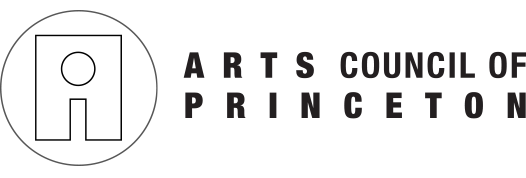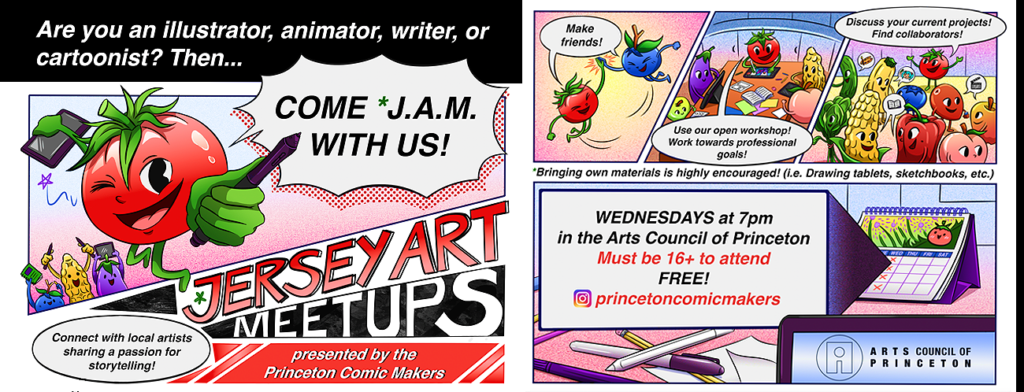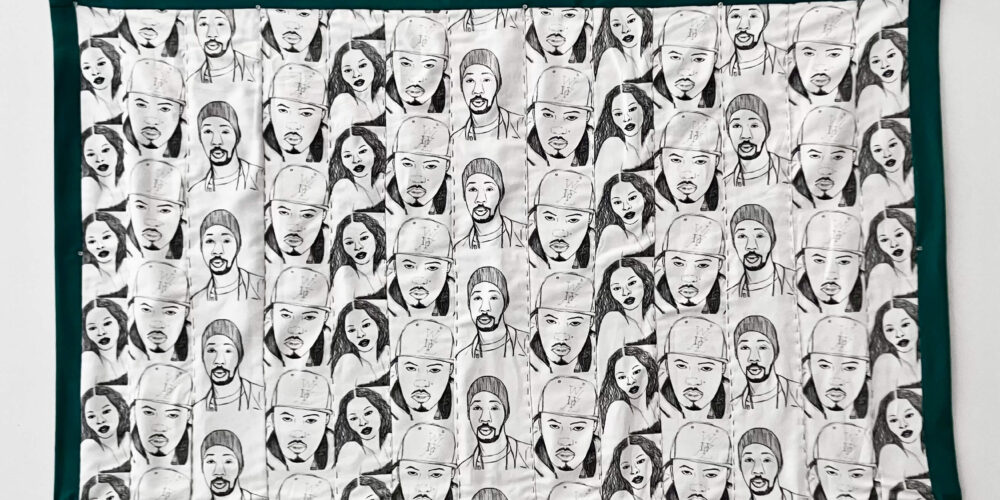
In partnership with the Princeton University Office of Campus Engagement, and in celebration of Dr. Martin Luther King Jr Day, the Arts Council proudly presents an artist talk with Dr. Ronah Harris.
The art of quilting incorporates the process of collaging and stitching layers of fabric together to tell a story. The quilt in America is thought to be originally born out of necessity. The practice of quilting preserves memory through the use of repurposed fabrics, and for women artists and Black makers, the quilt also plays a vital role in protest.
As an artist, I use the quilt as a medium to assert my voice and to consider the aspects of my identity that are often tackling racism and confronting sexism. The combination of material and message open a freedom of expression and help on my quest for liberation. The craft has its historical antecedents in the American South and was a tool used for clandestine communication, quilts contained symbols that guided the enslaved to freedom through the Underground Railroad.
Event is free, but registration is required.
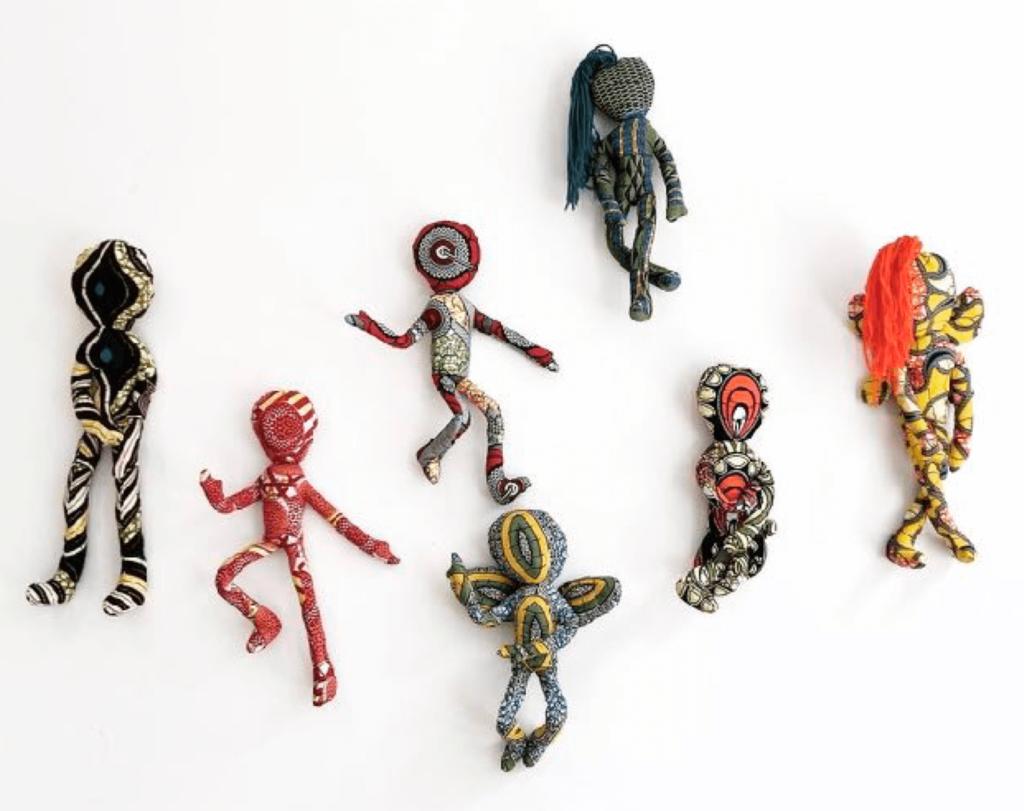
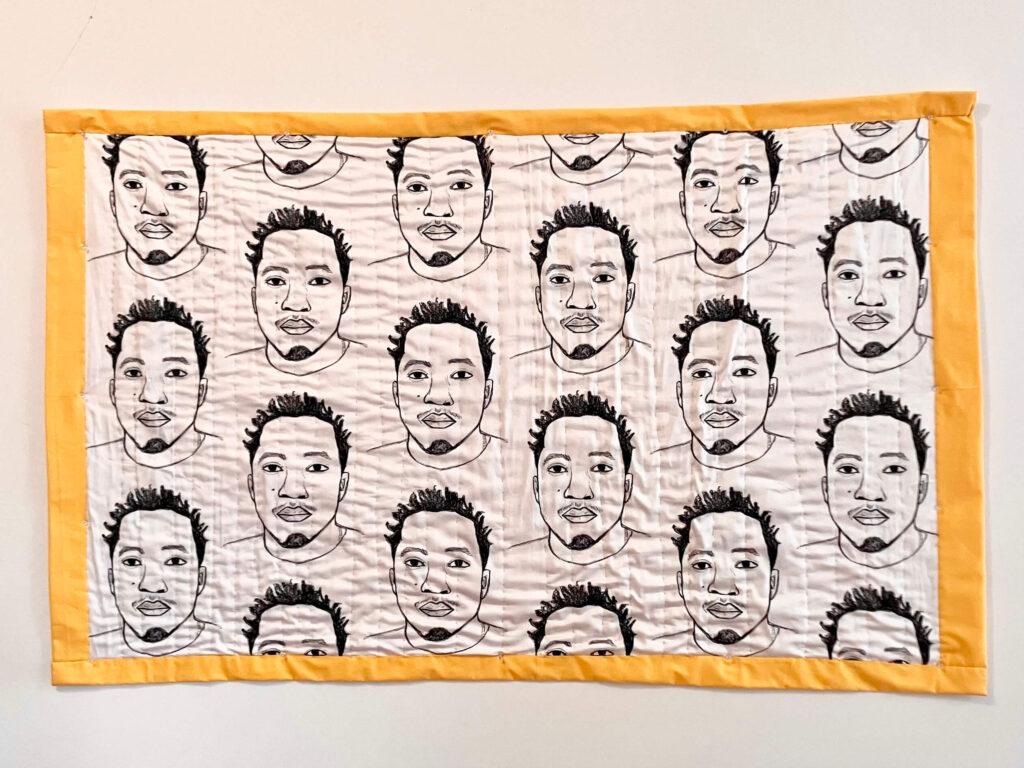
About Dr. Ronah Harris
Artist and educator Ronah Harris has been a quilter for much of her life. Her previous work in fiber and textiles has been primarily in costumes. Her most recent works are exploring collage, imagery and historical context of Black Identity using the quilt as a medium for resistance and storytelling.
When she is not making art, Ronah is the founder of Play Pattern LLC, a digital platform for curious children to learn arts and technology. A former producer of children’s media, she was awarded Two Daytime Emmys for her work on the educational television shows Sesame Street and The Electric Company. Dr. Harris teaches part-time at New York University, and advises on a variety of projects – most recently the engaging Youtube series Super Sema, and PBS Weather Hunters.
Dr. Harris holds a B.A. from The New School, New York (1999), a MSED from the University of Pennsylvania, Philadelphia, PA (2006), and Doctorate in technology from Teachers College, Columbia University (2017).
